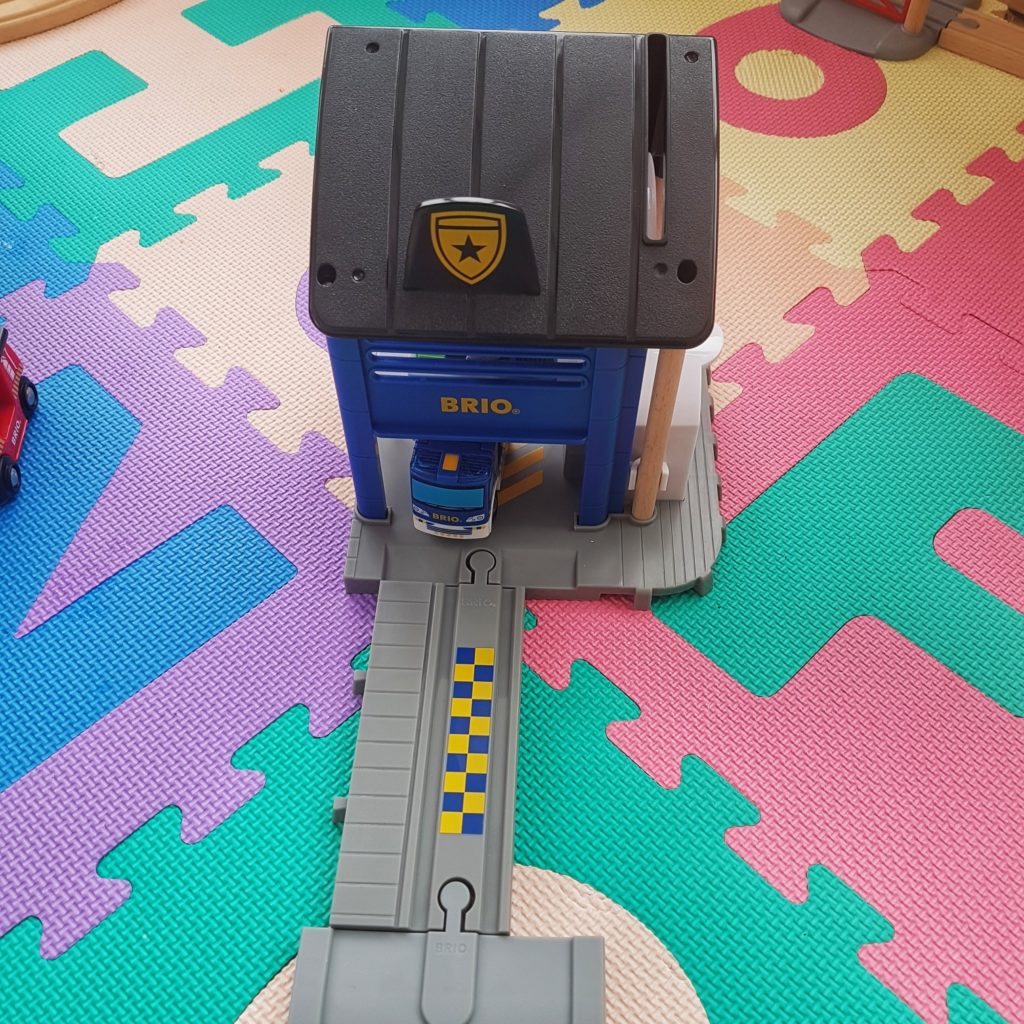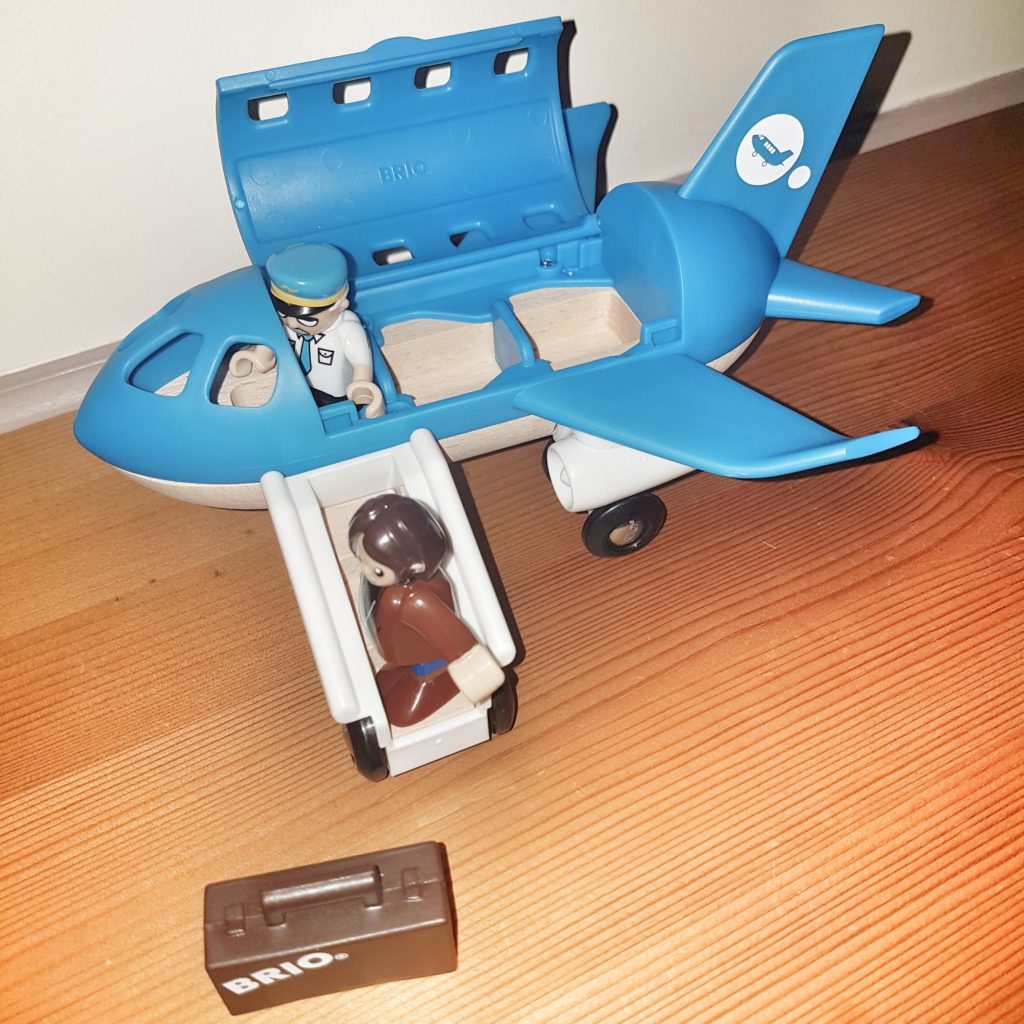‘Small world play’ is an important part of the way preschoolers in particular play, and a great way for little ones to learn.
What is small world play?
Small world play basically refers to imaginative play with ‘small’ toys, which encourage children to use their imaginations and create both everyday and fantasy worlds in familiar surroundings.
Whether it’s acting out a well-known scene from home, such as making the dinner, bath time or bedtime, putting out a fire, or fighting a dragon in a fantasy world; small world play enables children to develop socially, physically and intellectually.

What are the benefits?
Small world play offers the opportunity for children to build on their language skills, expanding their vocabulary and their understanding. This type of play not only supports a range of areas for development, but also benefits the child’s independent play skills.
It involves processes including active learning and imitation, and allows children to communicate knowledge about life and the world around them in a safe, contained environment.
Small world play isn’t limited to solo play, children can play in groups too, with friends, siblings or within a nursery/pre-school setting.

When children do play together, small world play encourages children to share, communicate with each other, and devise roles between themselves. I remember as a child always wanting to be the doctor and not the nurse. Resolving issues develops an awareness of feelings and allows children to learn about consequences of actions. Above all, it teaches children to respect each other and whatever ideas are shared. Whilst sometimes to us parents it looks like a tricky situation, in reality our children are learning valuable skills.
Small world play can have a valuable impact on the way children process their emotions. The ability to create stories and situations using small world toys allows children to express themselves, and helps both early years practitioners and parents gain an insight into how their child is thinking, feeling and developing and that particular time.

One of the most noticeable benefits of small world play, I think, is that it is a great learning resource. Not only can it teach children about rules and life around them, it can also increase their knowledge and understanding of more distant places, cultures and societies. They can literally create the whole world from the lounge, play room, or nursery setting.
Cars and roads mats can teach road safety, hospitals, fire stations and police stations can all help to broaden children’s understanding of health, safety and the roles and responsibilities of adults. Airports, ships and trains can improve their knowledge and undertsanding of how we get from A to B and the concepts associated with travelling to other countries. Animals, food, and shops can all help children to process the concept of field to fork and how the modern world works. There are endless learning opportunities!

There are some great toys around to support small world play but our favourites are the BRIO toys, which are utterly timeless. I always say that these are the toys I will box up and keep safely for the grandchildren!
The Farm Train is RRP £16.99 and such a cute little set to understand animals, farm life and transportation. No batteries required for this, your little ones can figure out how to move the cow and the horse around.
The Airplane is RRP £19.99, the plane opens up so the pilot and passenger can climb aboard and there is even luggage and a moveable staircase that can be taken away when the plane is about to take off! There are tons of other toys in the BRIO range that can support small world play.
These are such fun toys for little ones and really help improve their knowlege and understanding of the world.

